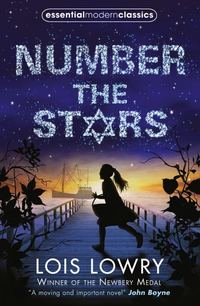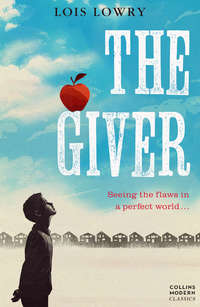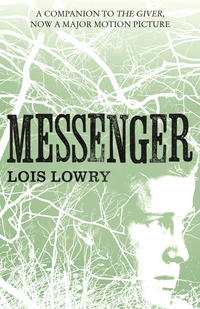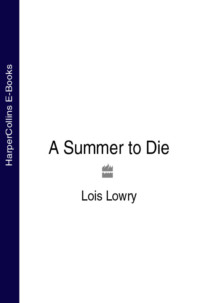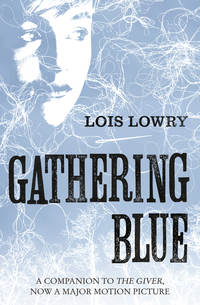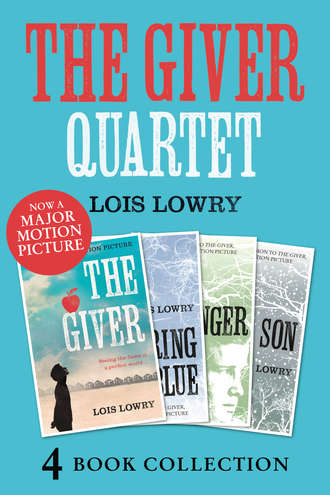
Полная версия
The Giver, Gathering Blue, Messenger, Son
My mailman, Jack, an affable guy, began to make wry comments about the weight of his bag. I gave him a large tip at Christmas. By the time I found myself in Antarctica that winter of the Newbery – surrounded by icebergs – I had begun to think that my mail, back home, was something of a tip-of-the-iceberg phenomenon.
The challenges came a little later. They took me by surprise. Suddenly there began to appear an occasional distraught letter from someone who called me “godless” or “perverted”.
“Jesus would not be pleased with you,” one woman wrote me in what appeared to be a trembling hand.
A website appeared devoted entirely to a denunciation of The Giver and referring to it – or perhaps to me; it wasn’t quite clear – as The Antichrist.
I found my name on the official list of “Most Challenged Authors” again and again.
A town in the Midwest removed the book from its public schools.
A public hearing was held in a California town to deal with “The Giver issue”.
And I suppose I should tell this part, too: one piece of mail was disconcerting enough that I had a conference with the FBI and was advised, for my own safety, not to visit a particular city in the USA in the immediate future.
The Giver began to be translated into other languages, and with its French title, Le Passeur, it was voted the favourite of the children of France and Belgium one year.
I was told that it was the first American children’s book translated into Thai.
It was used in the tenth grade in German public schools. In Germany an entire population of young people must study the seduction of totalitarianism as part of their own country’s tragic history. Many of them start by reading The Giver.
Today, as I write this, four cities/towns in the USA have selected The Giver as their “community read” the book that the entire town is asked to read, and then – picture this, a whole town! Adults and kids! What a wonderful thing! – to discuss.
Schools across the country make it part of their required reading. Christian churches use it as part of their religious curriculum. And at the same time, countless people give it as a Bar Mitzvah gift.
I could not possibly have planned any of this. I sat down in 1993 to write an adventure story and to explore, for my own reasons, the concept of the importance of memory in our lives.
Somehow, unintentionally, I tapped into something that fed a hunger out there.
It is not always a comfortable thing to be the centre of so much attention and controversy. But it makes me think about what it means to be “comfortable” – the very thing that the community of The Giver had achieved at such a great price. It was a community without danger or pain. But it was also a community without music, colour or art. And it was a community without books.
Lois Lowry


Well, once I spent a very quiet hour in the hills on the island of Bali. I was there with my friend Kitty, but she had climbed down a steep slope to see a ruined temple, and I was hot and tired, and decided to wait for her partway down. I saw an old fashioned soft-drink cooler, the kind where you lift a lid and reach in to get a cold drink, on the porch of a small shack on the side of the path, and the woman there, to my gestured question, indicated that yes, I could get a drink and sit down. So I waited there for Kitty.
I gave the woman some money, sipped my drink, and watched children playing on the steep path. Somehow, through sign language, I asked the woman … my hostess, for it was her house where I sat on the porch … if the children were hers. Three, she replied, holding up three fingers and then pointing to the ones she meant. Then, somehow, again with sign language, she asked if I had children, and I too held up three fingers and we smiled at each other.
But I didn’t feel quite right about my answer. I had had four children, actually, and one had died just a few months before this encounter. Saying “I have three” didn’t yet feel comfortable to me (perhaps it never would, never has) and so I tried to explain … tiptoeing through the language barrier, using my hands … that once I had had four. To my amazement, she understood, and then replied, using her hands, that she too had once had four children. I cannot remember exactly how we conducted the resulting conversation. But we did, and we understood each other. She asked what had happened, and I pointed to the sky, describing with my hands the downward plunge, the explosion as it crashed, and that I had lost my son that way. She expressed sorrow, and told me her own tragedy: a child climbing, and falling from a high place in these hills; a head injury; the very difficult journey to the only hospital in Denpasar many miles away, the fact that the child could not be saved.
We sat there in silence for a while. She reached over, then, and touched my hand. We had not exchanged a single word that either of us could understand. But we had exchanged two lives with each other, and had crossed an enormous barrier. It’s a memory I treasure.
What is the strangest dream you have had?

I don’t know if this qualifies as “strange” but it’s interesting, and it’s a dream that I love. Again and again I have dreamed that I’ve bought, or rented, a new house and am moving into it when I discover that there is a door, sometimes a stairway, that I hadn’t known about. It leads to a whole wonderful room that I hadn’t known was there.

I suppose blue. The book of mine called Gathering Blue – which follows The Giver – centres around the colour blue. How it represents serenity and peace, and how difficult it is to find, but how important the search for it is. That reflects me, I think.
What is your favourite children’s book?

That’s a hard question to answer. There are so many wonderful books. I do love the book Sarah Plain and Tall by Patricia MacLachlan.

I love the solitude, the sitting at my desk, watching the words appear on my computer screen, hearing how they sound, the work of rearranging them, seeing them fall into the right order, the place where they have meaning and the right cadence.
What is the best piece of advice anyone has ever given you? In regard to writing:

“Start on the day that is different” is a piece of advice I have valued. It’s so simple but so effective. It has to do with how to begin a book or a story.

A good friend, some good food and some good books. I wouldn’t even care about being rescued.
If you could say anything to your readers what would it be?

I’d say thank you. Without readers, a writer is a useless sort of person!
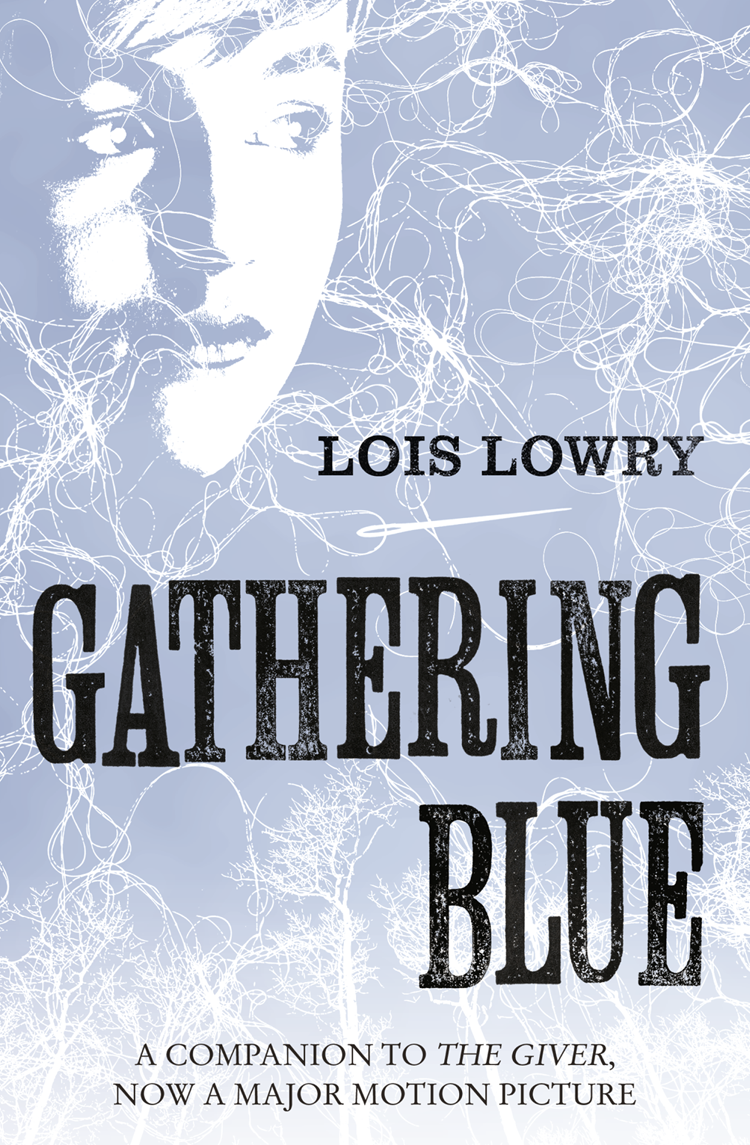

Table of Contents
Cover
Title Page
Chapter One
Chapter Two
Chapter Three
Chapter Four
Chapter Five
Chapter Six
Chapter Seven
Chapter Eight
Chapter Nine
Chapter Ten
Chapter Eleven
Chapter Twelve
Chapter Thirteen
Chapter Fourteen
Chapter Fifteen
Chapter Sixteen
Chapter Seventeen
Chapter Eighteen
Chapter Nineteen
Chapter Twenty
Chapter Twenty-One
Chapter Twenty-Two
Chapter Twenty-Three

MOTHER?”
There was no reply. She hadn’t expected one. Her mother had been dead now for four days, and Kira could tell that the last of the spirit was drifting away.
“Mother.” She said it again, quietly, to whatever was leaving. She thought that she could feel its leave-taking, the way one could feel a small whisper of breeze at night.
Now she was all alone. Kira felt the aloneness, the uncertainty, and a great sadness.
This had been her mother, the warm and vital woman whose name had been Katrina. Then after the brief and unexpected sickness, it had become the body of Katrina, still containing the lingering spirit. After four sunsets and sunrises, the spirit, too, was gone. It was simply a body. Diggers would come and sprinkle a layer of soil over the flesh, but even so it would be eaten by the clawing, hungry creatures that came at night. Then the bones would scatter, rot, and crumble to become part of the earth.
Kira wiped briefly at her eyes, which had filled suddenly with tears. She had loved her mother, and would miss her terribly. But it was time for her to go. She wedged her walking stick in the soft ground, leaned on it, and pulled herself up.
She looked around uncertainly. She was young still, and had not experienced death before, not in the small two-person family that she and her mother had been. Of course she had seen others go through the rituals. She could see some of them in the vast foul-smelling Field of Leaving, huddled beside the ones whose lingering spirits they tended. She knew that a woman named Helena was there, watching the spirit leave her infant, who had been born too soon. Helena had come to the Field only the day before. Infants did not require the four days of watching; the wisps of their spirits, barely arrived, drifted away quickly. So Helena would return to the village and her family soon.
As for Kira, she had no family, now. Nor any home. The cott she had shared with her mother had been burned. This was always done after sickness. The small structure, the only home Kira had ever known, was gone. She had seen the smoke in the distance as she sat with the body. As she watched the spirit of her mother drift away, she had seen the cindered fragments of her childhood life whirl into the sky as well.
She felt a small shudder of fear. Fear was always a part of life for the people. Because of fear, they made shelter and found food and grew things. For the same reason, weapons were stored, waiting. There was fear of cold, of sickness and hunger. There was fear of beasts.
And fear propelled her now as she stood, leaning on her stick. She looked down a last time at the lifeless body that had once contained her mother, and considered where to go.
* * *
Kira thought about rebuilding. If she could find help, though help was unlikely, it wouldn’t take long to build a cott, especially not this time of year, summer-start, when tree limbs were supple and mud was thick and abundant beside the river. She had often watched others building, and Kira realized that she could probably construct some sort of shelter for herself. Its corners and chimney might not be straight. The roof would be difficult because her bad leg made it almost impossible for her to climb. But she would find a way. Somehow she would build a cott. Then she would find a way to make a life.
Her mother’s brother had been near her in the Field for two days, not guarding Katrina, his sister, but sitting silently beside the body of his own woman, the short-tempered Sol-ora, and that of their new infant who had been too young to have a name. They had nodded to each other, Kira and her mother’s brother, in acknowledgment. But he had departed, his time in the Field of Leaving finished. He had tykes to tend; he and Solora had two others in addition to the one that had brought about her death. The others were still small, their names yet of one syllable: Dan and Mar. Perhaps I could care for them, Kira thought briefly, trying to find her own future within the village. But even as the thought flickered within her, she knew that it would not be permitted. Solora’s tykes would be given away, distributed to those who had none. Healthy, strong tykes were valuable; properly trained, they could contribute to family needs and would be greatly desired.
No one would desire Kira. No one ever had, except her mother. Often Katrina had told Kira the story of her birth—the birth of a fatherless girl with a twisted leg—and how her mother had fought to keep her alive.
“They came to take you,” Katrina said, whispering the story to her in the evening, in their cott, with the fire fed and glowing. “You were one day old, not yet named your one-syllable infant name—”
“Kir.”
“Yes, that’s right: Kir. They brought me food and were going to take you away to the Field—”
Kira shuddered. It was the way, the custom, and it was the merciful thing, to give an unnamed, imperfect infant back to the earth before its spirit had filled it and made it human. But it made her shudder.
Katrina stroked her daughter’s hair. “They meant no harm,” she reminded her.
Kira nodded. “They didn’t know it was me.”
“It wasn’t you, yet.”
“Tell me again why you told them no,” Kira whispered.
Конец ознакомительного фрагмента.
Текст предоставлен ООО «ЛитРес».
Прочитайте эту книгу целиком, купив полную легальную версию на ЛитРес.
Безопасно оплатить книгу можно банковской картой Visa, MasterCard, Maestro, со счета мобильного телефона, с платежного терминала, в салоне МТС или Связной, через PayPal, WebMoney, Яндекс.Деньги, QIWI Кошелек, бонусными картами или другим удобным Вам способом.


